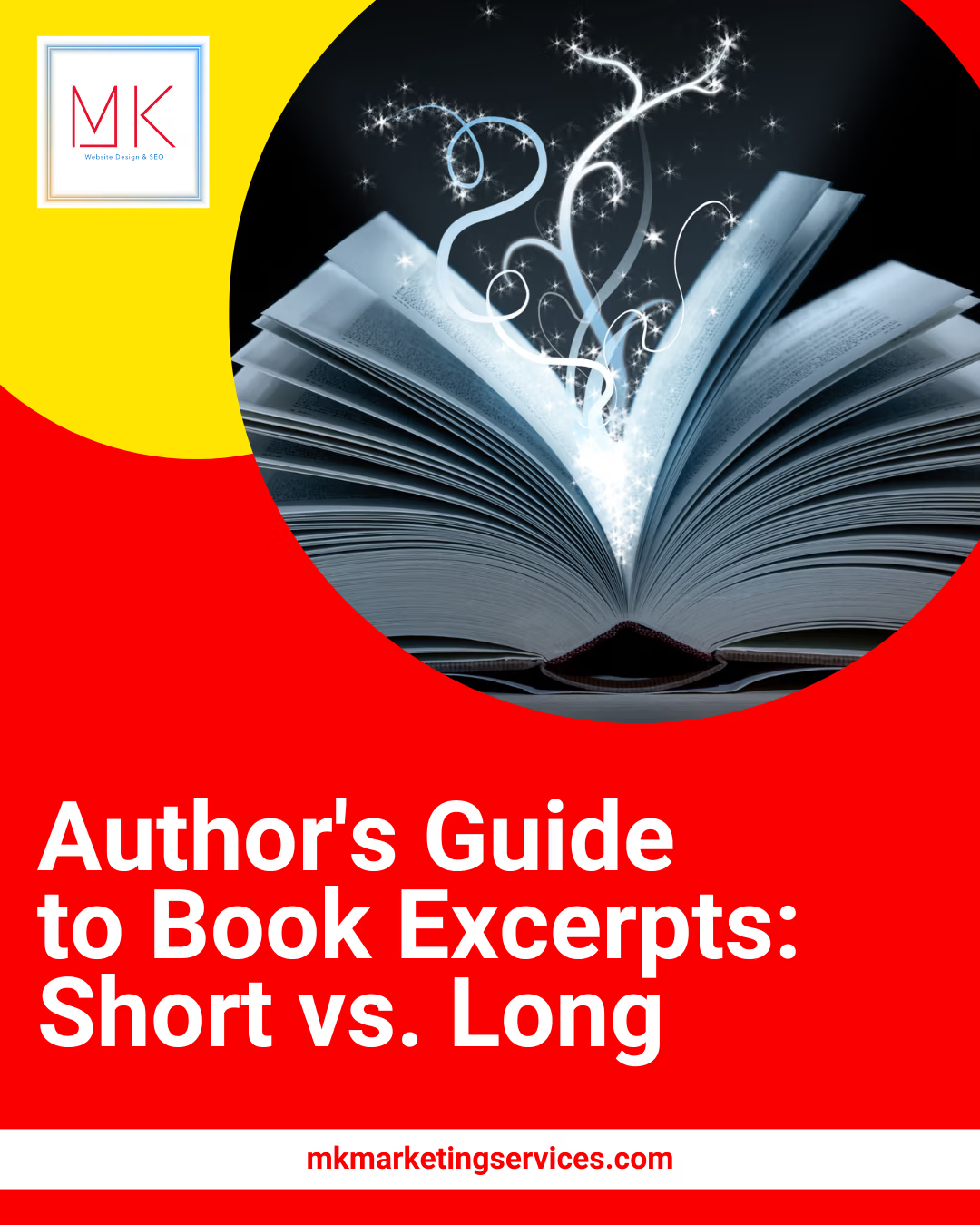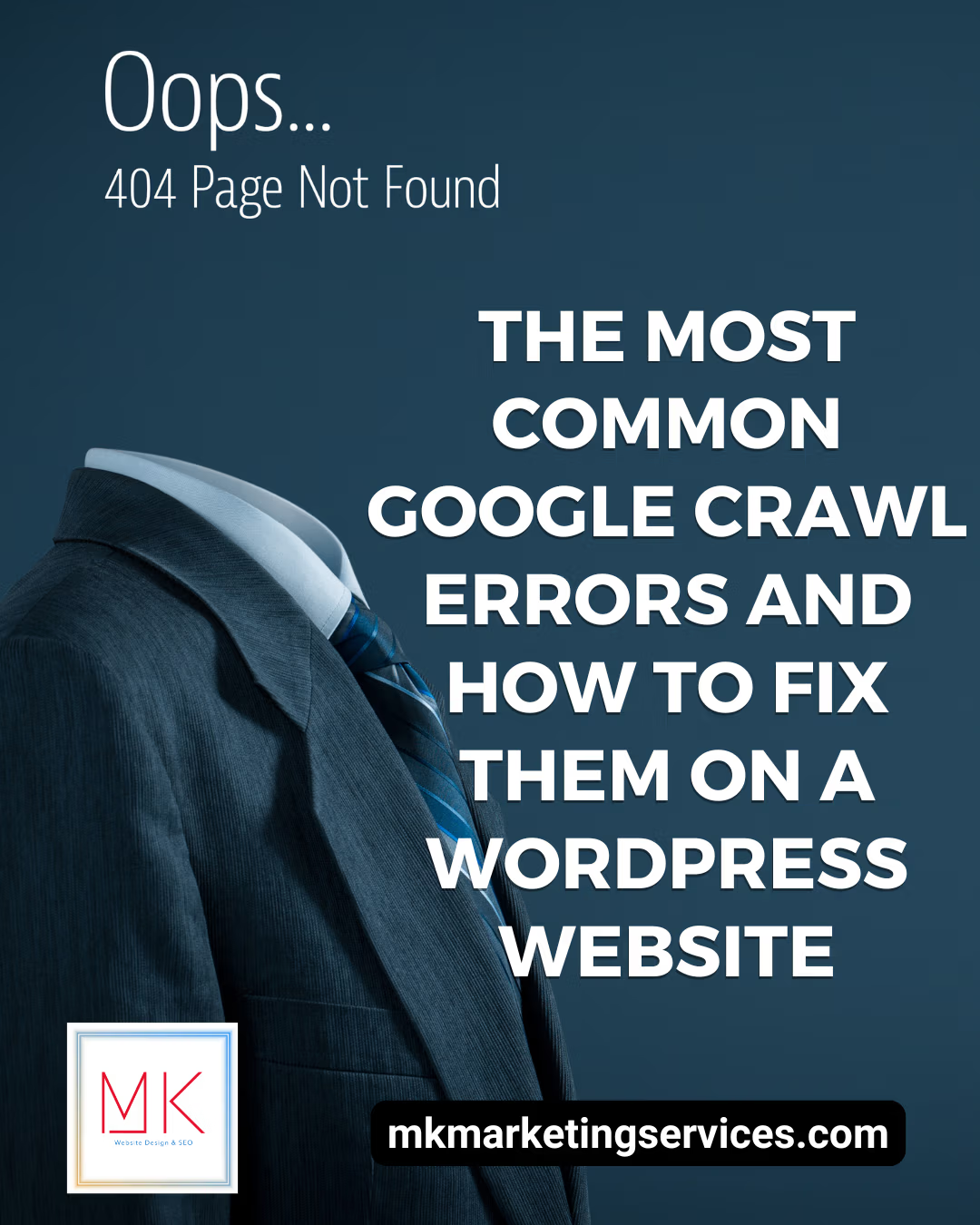Here’s a breakdown of the differences between long and short book excerpts, plus guidance on excerpt length:
How Long Should a Book Excerpt Be?
There is no single, perfect answer. Here’s what you need to consider:
- Context and Purpose: Where will you use the excerpt? What specific goal should it achieve? These factors should guide the length choice.
- Genre: Some genres lend themselves to slightly longer excerpts. For example, a literary fiction excerpt might showcase your nuanced writing, while a thriller might focus on a short, action-packed scene.
- Stand-Alone Factor: A longer excerpt should have some ability to work even if a reader hasn’t yet read the rest of your book.
General Guidelines:
- Short Excerpts: Around 100-300 words
- Long Excerpts: Around 500-1000 words
Short Book Excerpts
- Length: Usually a few sentences to a couple of paragraphs
- Purpose:
- To quickly grab attention on places like social media.
- To offer a very fast “taste test” of your writing style
- To entice readers to explore a longer excerpt or the full book
- Example Use Cases:
- Twitter or Instagram posts
- Short “teaser” on retailer pages
Long Book Excerpts
- Length: Several paragraphs to a few pages
- Purpose:
- To offer a deeper dive into a specific scene or theme of your book
- To create a standalone piece that sparks discussion or conveys ideas (almost like a mini-short story)
- To introduce your story’s world or characters in more detail
- Example Use Cases:
- Author website or blog
- Guest posts on relevant blogs
- Press materials and book reviews
Important Note: Always check the guidelines for a specific place you want to use your excerpt. For example, online retailers or contest submissions might have their own word count limits.













